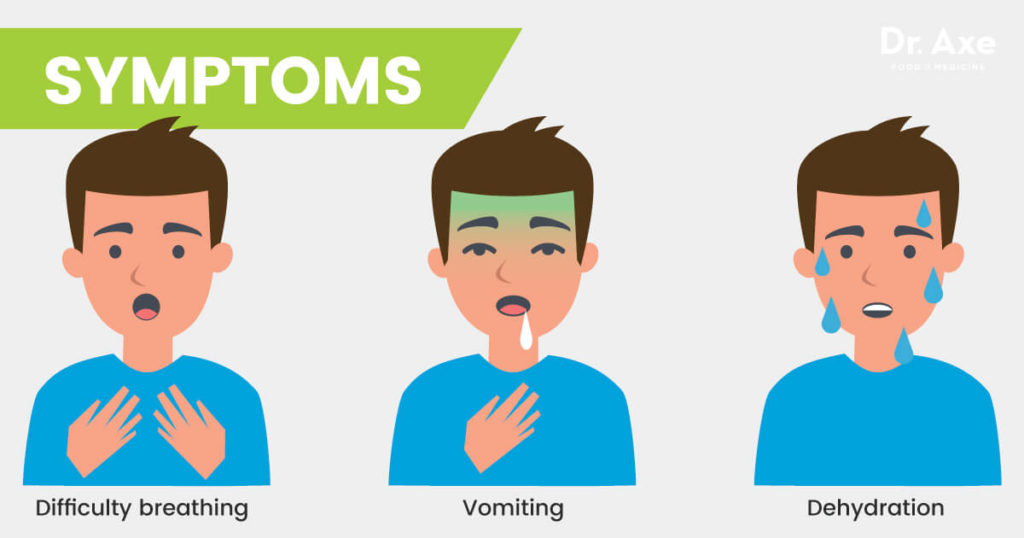Whooping cough or pertussis is one of the worst types of cough you can contract. The nasty aspect of the disease is that the coughing spasms become worse just when you think your cough is getting better. Whooping cough also called Pertussis isn’t just a child’s disease, it also attacks adults and can disrupt your daily life. This article deals with the information and management of whooping cough in adults.
Can you get whooping cough if you had it as a child?
Well, the common perception is that you don’t usually get whooping cough if you had it as a child but I beg to differ. You can!! How it affects you in intensity will depend on your health condition at the time. According to scientific research, 1 in 20 adults with a cough lasting more than 2 or three weeks may already have pertussis.

What is whooping cough?
Whooping cough or pertussis, unlike coughs and colds, is a bacterial infection caused by bacteria called Bordetella Pertussis. It is extremely contagious if the person suffering from whooping cough hasn’t been treated with antibiotics in the early stages of the disease. As an airborne disease, it can spread through the nose and throat. Although children are at greater risk of whooping cough, adults can get it at any age.
The problem with whooping cough is that there is no cure or treatment that makes a difference to the disease. It is imperative to see a doctor in the first stages of whooping cough during which time the prescribed antibiotics can make a difference to avoid further infection. Taking antibiotics in the later stages of the disease does little to reduce symptoms in which case you just have to let the cough run its course. During this time management of the disease is most important to avoid further infection such as a cold or in severe cases, pneumonia.

Stages of whooping cough
STAGE 1. The first stage of whooping cough is deceiving and starts as an allergic type of cough with typical symptoms of common cold, itchy throat and bouts of regular coughing. This isn’t just the most contagious stage of the disease; it is the most difficult where doctors will most probably treat you for various types of cough depending on your symptoms. A typical course of whopping cough may last from anything between 6 weeks to 10 weeks
STAGE 2: It is only in this stage where whooping cough becomes apparent. This is the paroxysmal stage and can be extremely discomforting. Although your cough will be less frequent, you may just get three to four attacks of coughing during the day or night but when you do get an attack it can take the life out of you. Coughing becomes rapid and violent and even as you cough, you may find yourself gagging and choking. The typical feeling is as if liquid has gone down your windpipe causing you to choke. In between coughing, you gasp for air making a whooping sound, you salivate become teary-eyed and exhausted. If not stopped, you are inclined to vomit and the coughing becomes intense shaking up your lungs and chest.
This stage lasts from 6 to ten weeks. During this stage antibiotics may not make a difference as the bacteria has already set into your airways and created the conditions of whooping cough, it is extremely important to get medical advice on how to avoid infection or prevent complications such as other respiratory infections and pneumonia. According to the CDC various treatments can be given for pertussis to avoid further infections.
STAGE 3: almost like stage 2 but less in intensity. Your cough begins to reduce as your body begins to recover from the disease. However you are still prone to other respiratory infections. This stage lasts two to three weeks. Keep yourself healthy until you totally recover.
Managing whooping cough in adults
In the earlier stages of treatment when whooping cough causes an extreme itchy cough triggered b y extreme scratching in the throat, it is important to seek medical advice. generally doctors suspecting an infection will in most cases prescribe one of the following antibiotics Azithromycin, Erythromycin or Clarithromycin which are the three main antibiotics one of which is usually administered in Pertussis. ( please do not treat yourself as this is for general information and individual cases may require treatment as per the discretion of a doctor).

During any cough at least one visit to a doctor is warranted and a competent doctor may arrange for investigations of blood or throat swab test to diagnose whooping cough. However unless the doctor does not suspect whooping cough he will not be able to diagnose it. In short, whooping cough actually plays hide and seek with humans. If your persistent cough does progress to symptoms similar to the paroxysmal stage, then it is advisable to capture one on your phone and show it to your doctor.
